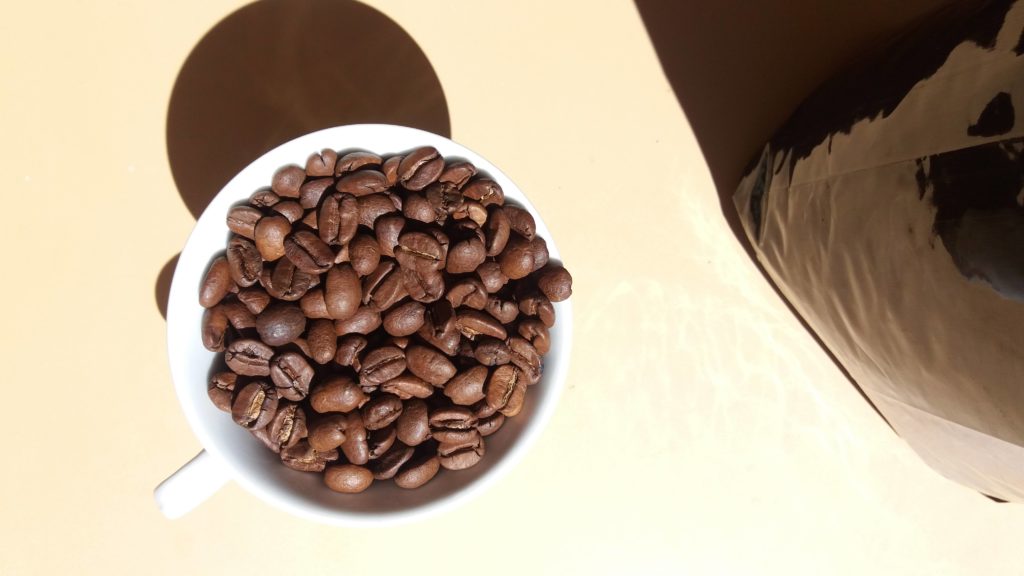São Paulo – Coffee exports from Brazil to the Arab countries has posted an average annual growth of 3.8% over the last nine years by 2019. Year-to-date through September, coffee exports grew by 7.3% from a year ago.
“The quality and sustainability of Brazilian coffees allowed the country to increase its market share in the Arab world,” Brazilian Coffee Exporters Council (Cecafé) chairman Nelson Carvalhaes told ANBA.
From 2010 to 2019, out of the Arab countries, Cecafé highlighted the growth of 328.8% to Algeria, 16.3% to Jordan, 13.1% to Syria, and 10.3% to Tunisia.
In a year where every sector faced challenges ushered in by the COVID-19 pandemic, the coffee sector has dealt with uncertainties about sales. Despite that, Cecafé assures that exports have continued as usual. “It’s important to stress that Brazil’s coffee exports in general have continued as usual, providing a quality and sustainable product, strictly complying with safety and health measures and rules proposed by WHO (World Health Organization) and public health institutions,” Carvalhaes said.
The Council’s chairman pointed out that the demand has remained stable, since although restrictions applied to hotels, restaurants and cafés have affected the specialty coffee sector, consumption at home has increased.
In the pandemic year, the Regional Cooperative of Coffee Growers in Guaxupé (Cooxupé) has posted an increase in its sales to the Arab countries, too. Year-to-date, Arabic green coffee exports amounted to 18,322 60-kg bags. Whole-year exports in 2019 amounted to 16,9000 bags.
The institution is Brazil’s largest cooperative of coffee growers and has encouraged the production of quality beans. Exports to the Arab bloc, though, are still focused on the commodity market. “Right now, Cooxupé’s SMC has no specialty coffee trade relations with the Arab countries,” Cooxupé deputy chairman Osvaldo Bachião Filho said. SMC is Cooxupé’s branch focused on specialty coffee trade.
To receive more quality products, the cooperative created programs such as Especialíssimo. In its first year, the initiative posted an increase of specialty coffee supply of 88% from a year ago.
“There has certainly been a higher investment [from farmers]. Our members have been constantly encouraged by Cooxupé over the last years to invest in higher-quality coffee production. We trained our Technical Support staff to guide and answer questions on growing a specialty coffee. Our members have been prepared for that. It’s worthy pointing out, too, that this year we saw a crop under a favorable climate, with rains until the March and then a dryer seasons during the crop itself (without rains), allowing our farmers’ coffee to reach a good sieve classification,” Bachião said.
Translated by Guilherme Miranda




